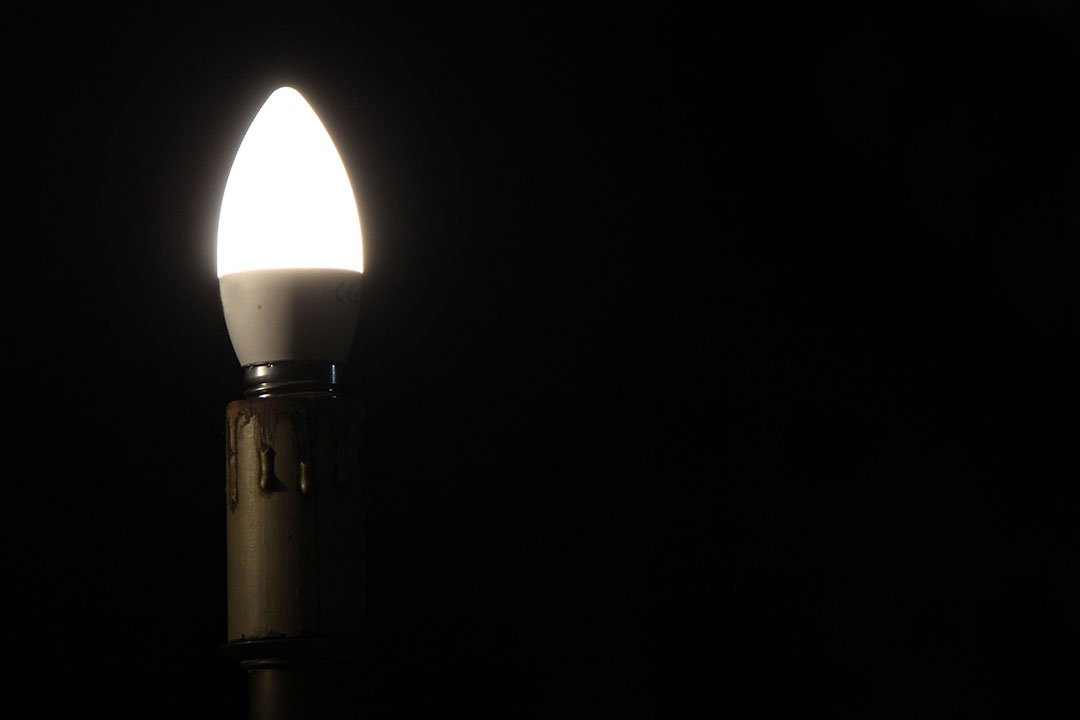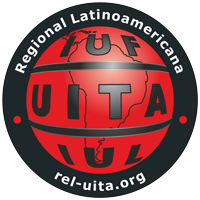Glyphosate about to get a new lease on life in the European Union
On Friday, October 13, the 27 Member States of the European Union (EU) will decide whether or not to extend for another decade the authorization to use glyphosate in their territory. Everything seems to indicate that Friday will be a dire day for social movements, as specialists denounce the enormous toxicity of this substance.
Daniel Gatti
12 | 10 | 2023

Photo: Gerardo Iglesias
Last year, numerous calls to ban glyphosate emerged across the region. Scientific evidence of the negative consequences of its use for both living beings and the environment had been mounting, along with court judgments supporting such claims, primarily in the United States.
“It is time Europe stopped looking the other way and took action once and for all to ban the use in its soil of a chemical molecule that is the basic ingredient in Roundup, the most widely used weed killer in the world, which for decades has been destroying the health of our farmers and everything it touches,” several environmental organizations in the region said at the time.
The EU was expected to resolve the issue in late 2022, but instead it decided to give the notorious substance a 12-month extension, until next December, while it commissioned “new definitive studies.”
The last time that the European Council, formed by representatives of all the member countries, had adopted a decision on the substance of the matter was in 2017.
At that time, the use of glyphosate was authorized by a tiny margin. The decision either way had required the support of countries that together accounted for at least 65 percent of the population of the EU. The countries that voted in favor of the extension represented 65.2 percent of the population. For the coming vote, the requirement is the same.
The European Commission, the EU’s executive body, has already announced its position: it does not find “anything objectionable” about the molecule, and will consequently recommend its continued use with “the necessary precautions.”
To arrive at this reckless conclusion, the Commission relied on the assessments of the European Food Safety Authority (EFSA), which last July gave glyphosate the green light.
But there is a small problem with the EFSA’s assessments: their only sources are studies conducted by the industry’s own manufacturers—the very definition of interested party, as who could have a greater stake in ensuring that the substance and its by-products continue to obtain certificates of good conduct?
Germany, the European nation with the largest population, has already announced that it will vote to ban the substance this Friday, as will Austria, Croatia, and Luxembourg.
But that is not enough. France, Europe’s largest consumer of Roundup and the second most densely populated country in the region, will follow the European Commission’s recommendation. In 2017, it had voted in favor of banning it.
“We trust the science, the studies which say glyphosate does not pose a carcinogenic problem,” French agriculture minister Marc Fesneau said on September 13 in an Ouest France interview.
Barring a last-minute change, the survival of glyphosate in the region will be assured for another decade, even though it may continue to cost thousands of human lives.
Germany, however, will still ban the substance’s use throughout its own territory, regardless of the Council’s final decision.
Various independent toxicologists, biologists, oncologists, and endocrinologists argue that, contrary to what Fesneau and the EFSA have claimed, “the science” is leaning more toward condemning glyphosate than acquitting it.
According to French toxicologist Laurence Huc, among many others, the latest scientific literature, produced by specialists unconnected with the laboratories that work for companies in the industry, has not only established that glyphosate is probably carcinogenic in humans, as a United Nations agency found in 2015, it is also the cause of many other serious pathologies.
Not counting the authors of publications with conflicts of interests because they work for multinational corporations in the sector, 75 percent of studies on glyphosate and genetic mutations that can lead to cancer establish that the active component in Roundup is genotoxic.
In a September 20, 2023 interview in the web portal Médiapart, Huc recalled that U.S. researcher Charles Benbrook came to that same conclusion some years ago, after “analyzing all the literature available on glyphosate and genotoxicity.”
France’s INSERM (National Institute of Health and Medical Research) came to that same conclusion in studies conducted in 2021 on pathologies linked to the use of pesticides.
In the United States, the multinational corporations Monsanto (manufacturer of Roundup) and Bayer, which acquired the former in 2016, have been sentenced to pay billions of dollars in compensation to farmers who contracted diseases such as non-Hodgkin Lymphoma, a form of cancer, as a result of prolonged exposure to the herbicide.
And the problem is not “just” cancer. “There is a consensus among scientists that glyphosate is an endocrine disruptor, that is, it has effects on fertility and the fetus’ development,” “it is gravely harmful to intestinal microbiota” (which can produce various metabolic diseases), and it also “seriously affects ecosystems,” both soil, air, and water, the toxicologist said.
Commercial products such as Roundup are even worse than glyphosate on its own, as they incorporate other harmful substances, she added.
The EFSA, like the European Chemicals Agency (ECHA), dismisses all of these studies completely, and only considers those produced by the industry, which, in turn, although required to report to monitoring bodies all available assessments on any issues, tends to “forget,” hide, or minimize those that are unfavorable to them.
Ever since the World Health Organization’s International Agency for Research on Cancer (IARC) announced in 2014 that it would be preparing a monograph paper on glyphosate (which, when issued a year later, classified the substance as “probably carcinogenic to humans”), industry operators launched a massive intoxication campaign, Huc underlined.
Scientists working for laboratories owned by the companies themselves (Monsanto, Bayer, Syngenta, and others) “lent” their names to manipulated analyses carried out by the industry with the aim of casting doubt on the harmfulness of glyphosate. They would occasionally circulate a negative study on the substance, but amidst a mountain of studies that presented it as harmless.
The EFSA, the ECHA, and other supposedly independent bodies cling to these studies that have very little real scientific basis, when, according to another French scientist, Xavier Coumoul, a biochemistry and toxicology professor at Université Paris Cité, there is enough grounds to at least trigger the precautionary principle.
What is at stake are hundreds of billions of dollars.
In 1977, Monsanto hit the jackpot when it realized that glyphosate, a molecule discovered in 1950 and initially used to unclog pipes and sewers, could be used as a weed killer, and at a very low cost.
Some years later, Roundup began flooding the five continents. Today some 800 million tons of this product are marketed annually. And so it goes.
